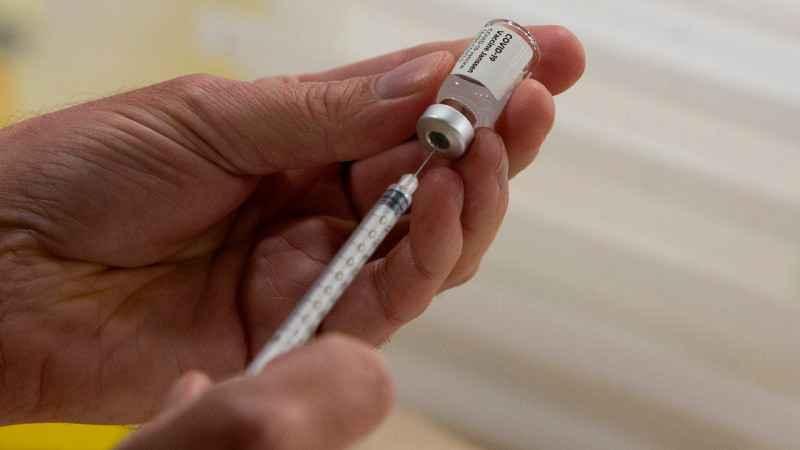No news on J&J COVID booster, researchers say
[anvplayer video=”5051535″ station=”998122″]
In one month, people with weakened immune systems who’ve already received both Pfizer or Moderna vaccine doses can get a third shot to boost their antibodies against COVID-19. Researchers are still investigating if Johnson & Johnson vaccine recipients with weak immune systems need a second shot.
Tiffany Boe is staying in to keep COVID out.
“It’s been pretty tough. We’ve been basically in quarantine for over a year now,” Boe, an immunocompromised St. Cloud resident, said. "It’s really stressful.”
Boe takes care of her mom, who got the J&J vaccine. She’s also immunocompromised.
“I feel very alone and I feel very confused all the time. I don’t know where to look to for the best next step,” Boe said.

In this April 30, 2021 file photo, a pharmacist fills a syringe from a vial of the Janssen, Johnson & Johnson, COVID-19 vaccine at the Vaccine Village in Antwerp, Belgium.[Virginia Mayo/Associated Press/File]
She said, when navigating the COVID vaccination system, it’s easy to get lost.
“On the federal level, they’ll say one thing. Then the state level will do one thing and then you have doctors saying something else,” Boe said. “There’s not a whole lot of consistency across the board — at least in my experience — from, like, talking to people.”
Local health officials said it’s not surprising people are confused.
“I acknowledge it gets a little confusing right now and when reports kind of come out early because everybody’s excited to learn about it,” Dr. Kevin Best, Allina Health vaccine committee representative, said.
Pfizer and Moderna vaccine recipients with compromised immune systems have the green light to get a third shot. Federal health officials said it will amp up the body’s antibody response.
But J&J is in a different boat.
“Evidence is still being compiled and put together and data is still getting put together. There’s not a specific recommendation around the Johnson & Johnson yet,” Dr. Best said.
For those J&J patients who aren’t immunocompromised, current research shows the vaccine protects against COVID hospitalizations and death. However, Best said J&J booster shots for the general public are not needed at this time.
“We’re continuing to gather more information and expect some. There might be some additional recommendations coming up soon, but as of now, those people don’t need to pursue an additional vaccination,” Dr. Best said.
He said research findings have to be vetted. Until the Centers for Disease Control and Prevention and the U.S. Food and Drug Administration make a recommendation, it won’t be put into practice.
Dr. Best suggests Minnesotans contact their local doctor or provider with questions to curb confusion.